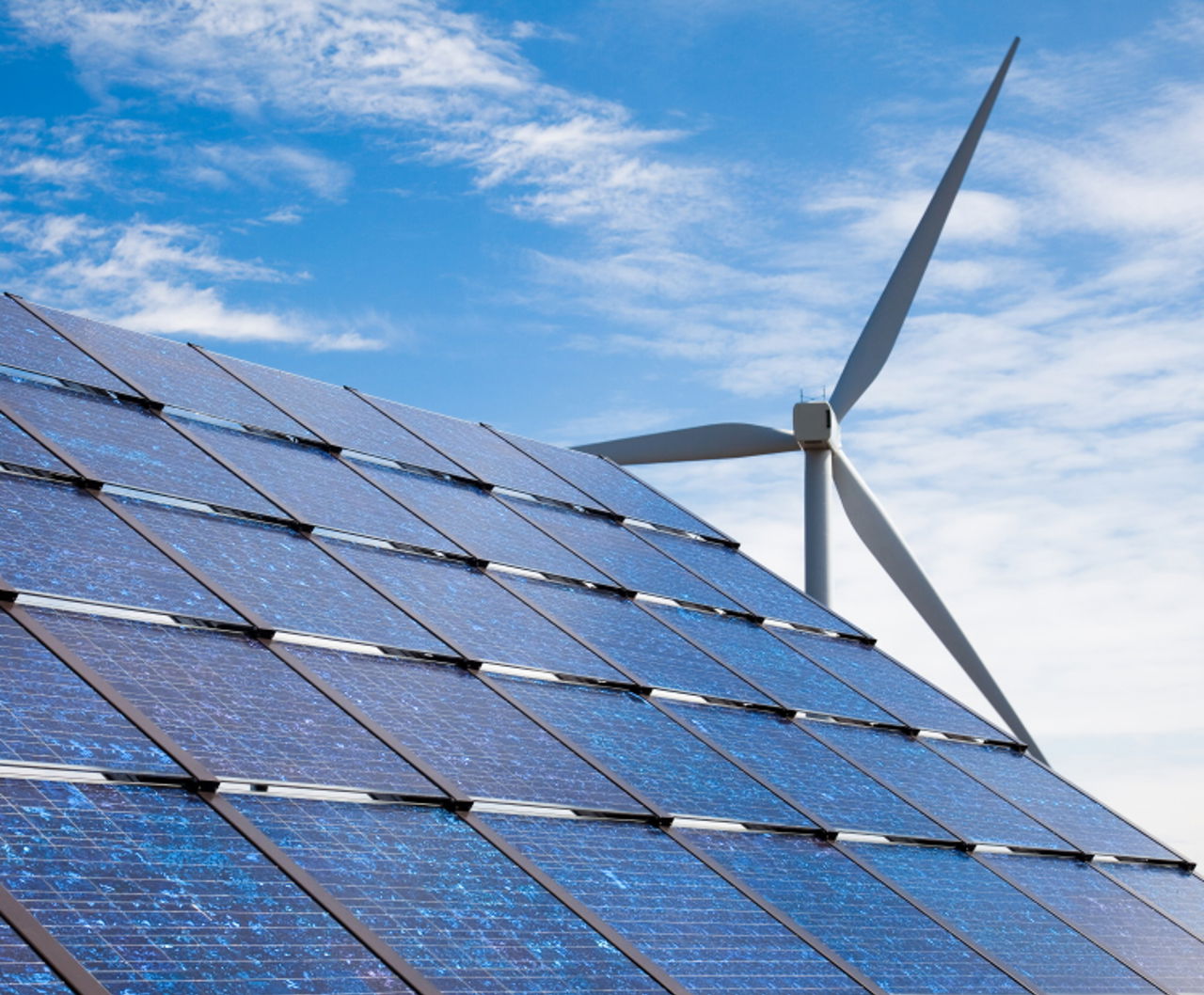
Førredalsdammen in Norway.
Guarantees of origin
Does your company want to purchase renewable energy directly from one of our power plants?
Guarantees of origin (called GOs or GoOs) certify that a quantity of power is indeed generated from renewable energy sources. In 2009, the European Union made it compulsory to use GOs to track and disclose renewable energy with the aim of increasing awareness, transparency and growth of renewables. GOs enable energy consumers to certify the provenance of the power consumption by tracing it back to the renewable source.

Thanks to Statkraft’s variety of power plants generating renewable energy and our market operations across Europe, we can offer customized solutions that will enable you to optimize your portfolio and to achieve your climate goals. We offer a wide variety of GO’s from different technologies such as hydro, wind and solar, both from our own power plants and from our many PPAs. Our power plants meet strict environmental standards and many have additionally been certified for national and international ecolabels, such as Bra Miljöval, EKOenergy, OK Power and TÜV.
Discover our power plants

Our flexible Nordic hydro production fleet and European renewable assets are well suited to providing a range of tailor-made solutions. We can make your consumption 100 per cent green in real-time by certifying that the GO’s come from power plants that produce in line with your consumption profile. You will have the flexibility to select the technology and the power plants you prefer, prioritizing the purchase based on proximity to consumption, renewable labels or any other criteria you might have.
Related content

Statkraft is a leading trader of renewable certificates.

Green energy solutions
A steadily growing number of our customers are committed to becoming climate-neutral. To master the challenges, we provide tailor-made strategies and solutions.
Read more

For energy consumers
Statkraft supplies industrial consumers with energy, matching their individual needs, managing their risk profile and helping them become CO2 neutral.
Read more